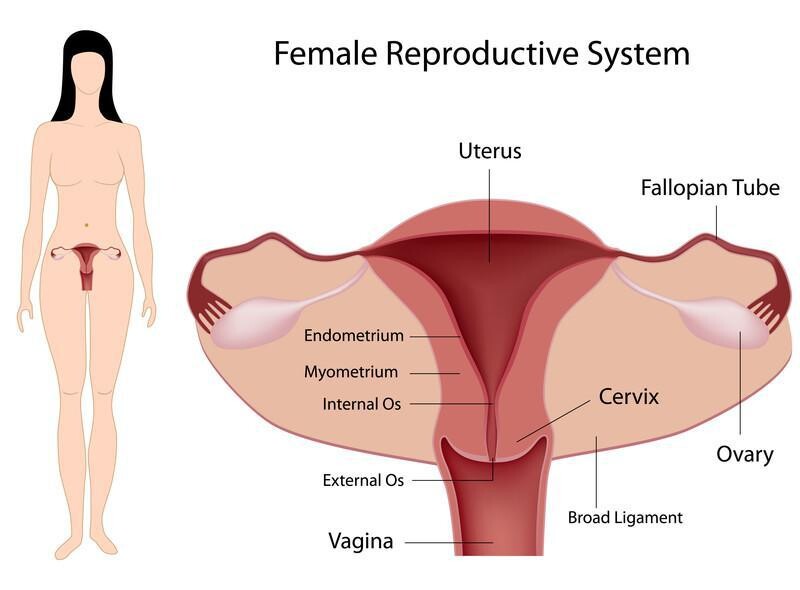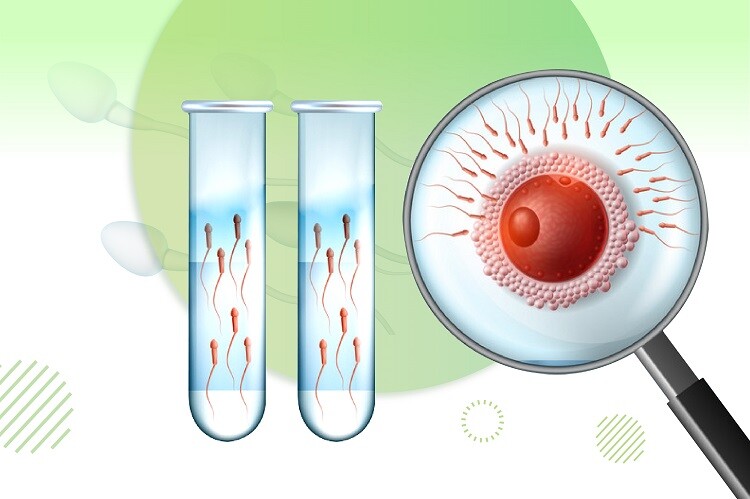Tubal-related infertility may result when one or both tubes are blocked, or scarring or damage to the tubes occurs.
What Causes Problems with Fallopian Tubes?
Blocked fallopian tubes may be caused by an infection from a sexually transmitted disease such as pelvic inflammatory disease (PID), which causes scar tissue to build up on the walls of the tubes. Endometriosis also may result in scar tissue and adhesions which can block the fallopian tubes.
In an ectopic pregnancy (also known as a tubal pregnancy) the embryo grows in the fallopian tube instead of in the uterus. Surgery for an ectopic pregnancy can cause the fallopian tube to rupture and lead to infertility. An ectopic pregnancy can also be a life-threatening situation.
In other instances the fallopian tubes are blocked because the structure of the tubes is abnormal. Structural disorders are usually due to birth defects.
Tubal Factor Infertility
Adhesions may distort the normal structure of the fallopian tubes and make pregnancy difficult. Blocked, damaged, or scarred fallopian tubes can prevent the tubes from functioning properly. When scar tissue blocks the tubes, fertilization cannot occur since the egg can’t get through the blockage to the sperm. The blockage can also trap a fertilized egg near the ovary preventing it from traveling through the fallopian tubes to the uterus.
About 20 percent to 25 percent of infertility cases are due to problems with the fallopian tubes. Depending on the extent and location of the blockage, some fallopian tube problems can be corrected with surgery.












